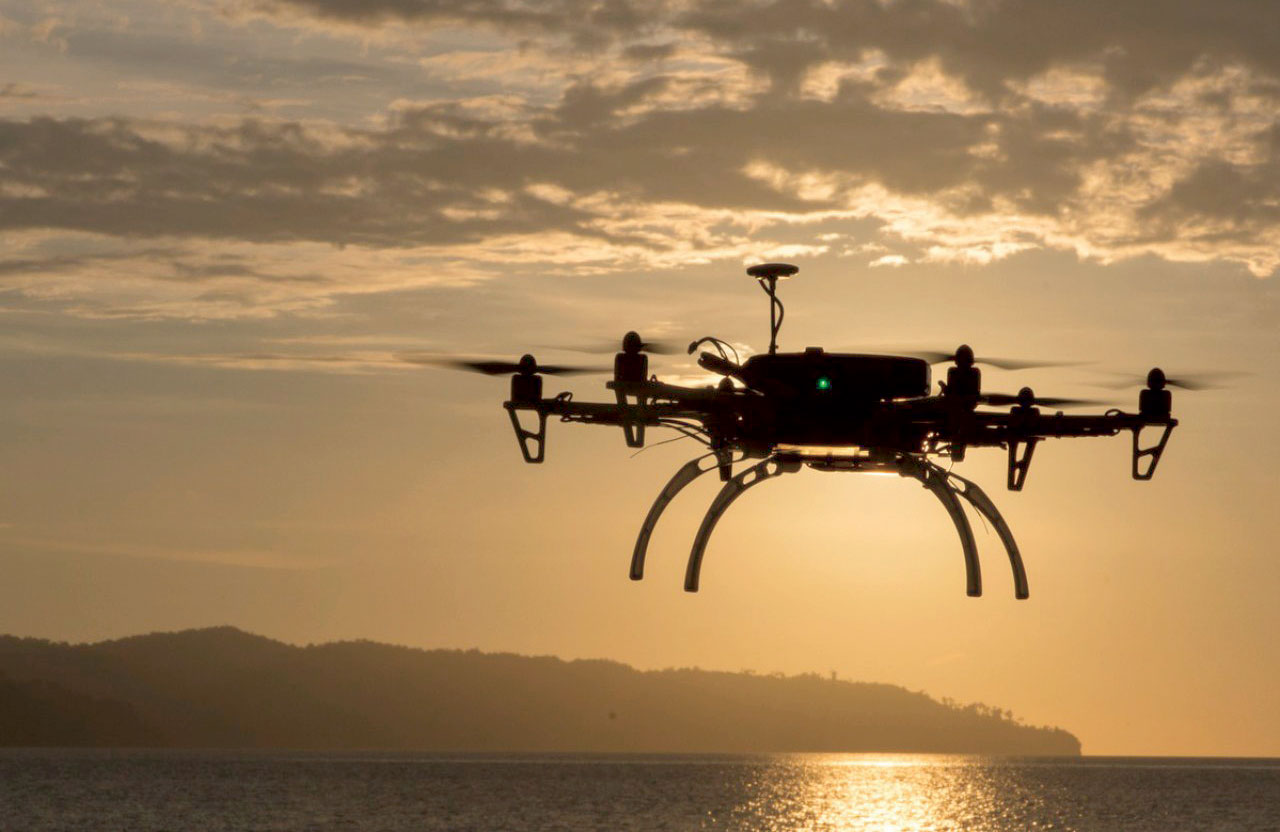

Muscat, Feb 17 - Key stakeholders engaged in efforts to ignite the growth of a drone industry in the Sultanate are due to attend a business forum set to take place under the auspices of Dr Ahmed bin Mohammed al Futaisi, Minister of Transport and Communication, at Halban (just outside Muscat) on February 27, 2019. The forum, titled ‘We Drone in Oman’, is being hosted by the German University of Technology in Oman (GUtech), with backing from, among others, the Public Authority for Civil Aviation (PACA) and Petroleum Development Oman. Also playing a key sponsorship role is local Omani firm Brave Hawks LLC, which is offering its expertise and hardware involving the use of drones in areas such as surveillance, inspection, crowd management, security, rescue, and so on.
The forum is the latest in a succession of events held in the city that promise to impart further momentum to Oman’s goals to nurture the growth of a wider ecosystem underpinning the emergence of a drone-based economic sector in the Sultanate. “The objective of the forum is to Increase awareness about the local needs and applications of the fast growing domain of drones and motivate the government, business, and education sectors to join forces in order to create local competencies and business opportunities accordingly,” said Dr Nafaa Jabeur, Director of Research at GUTech, and a key proponent of drone development in the Sultanate.
In comments to the Observer, Dr Jabeur said the Sultanate has already made headway in the deployment of drones and drone technology in a number of sectors and areas. Drones, he said, are currently being used in the Oil & Gas industry for inspecting pipelines and flares. In the construction sector, drones are being used to monitor the progress of work on projects, while in the power sector, they come in handy in the inspection of high-voltage electric cables.
The scientist envisions the potential for drone use in a wide array of areas in the Sultanate, such as: Surveillance and Protection; Traffic and Crowd Control; Port Management; Precision Agriculture; Tourism; Logistics (particularly last mile delivery); Healthcare; Natural Resource Monitoring (fisheries, underground water, minerals) and so on.
Also promising is the potential for drone manufacturing in Oman. “I highly support the idea of drone manufacturing in Oman,” Dr Jabeur stressed. “The beauty of drones is that it can be customized in the way and for the purpose you want them. The specific electronic parts might not be manufactured here but they are widely available. Designing and creating the body and specific parts of the drones could be locally done in Oman. I would say that some parts must be done in Oman, especially since the local context has specific requirements, including the high temperature and dust. The software parts related to drones can be definitively developed in Oman.”
Discussions during the ‘We Drone in Oman’ forum will also focus on the legal and regulatory environment governing drone use. While the Sultanate does have a legal framework in place for the professional use of drones, regulations governing their use by hobbyists are still under review.
“In any country, where more ‘reasonable’ regulations exist, lengthy debates have taken place about when and where drones can fly, the characteristics of drones in terms of weight, size, flying altitude, camera, who is allowed to fly drones, and so on. In Oman, we are still in the first stages of developing strong and comprehensive regulations that fit the current context. This may take some time, especially that the use of drones is not only about regulations, but more important the ethical and responsibility of users,” he added.
Oman Observer is now on the WhatsApp channel. Click here



